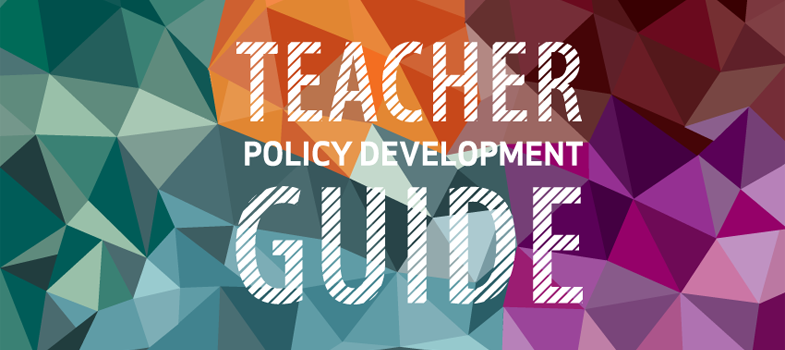3.2.11 Teacher education in post-conflict and post-disaster (PCPD) contexts
Teachers working in PCPD contexts require appropriate training, based on the needs of the specific context in which they are working and reflecting the needs of both learners and teachers. If possible, education authorities should coordinate the design and implementation of teacher education activities; where this is not possible, guidance and coordination may be provided by an inter-agency coordination committee. Because teachers in PCPD contexts may have varying levels of experience and training and may be older learners or community members, they should have access to training in core subject knowledge if needed, as well as in pedagogy and teaching methodologies, including positive discipline and classroom management, learner-centred, participatory approaches and inclusive education with regards to approaches to diversity and discrimination (INEE, 2010: 83–4). Training in the following may also be necessary:
- Codes of conduct for teachers, including condemnation of gender-based violence against learners
- Disaster risk reduction and conflict prevention
- Psychosocial development and support, including for teachers working with children dealing with trauma, and working with displaced communities
- Principles and perspective of human rights and humanitarian law and how these interface with learners’ needs and the responsibilities of teachers, learners, communities and education authorities
- Other content appropriate to the context.
3.2.10 Training of school leaders
